April 19, 2025 | 08:25 GMT +7
April 19, 2025 | 08:25 GMT +7
Hotline: 0913.378.918
April 19, 2025 | 08:25 GMT +7
Hotline: 0913.378.918
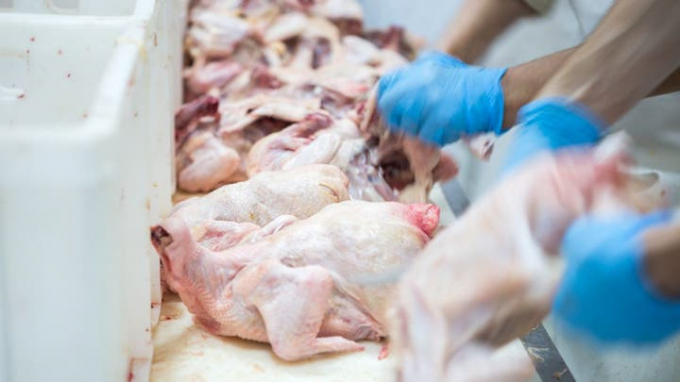
Two of the industry's biggest poultry companies have agreed to pay nearly $35 million to settle a lawsuit that accused them and several other firms of conspiring to dominate the industry and fix the prices paid to farmers who raise the chickens. Photo: iStock
Two of the industry's biggest poultry companies have agreed to pay nearly $35 million to settle a lawsuit that accused them and several other firms of conspiring to dominate the industry and fix the prices paid to farmers who raise the chickens.
Tyson Foods and Perdue Farms agreed to the settlements last week without admitting any wrongdoing while the lawsuit remains pending against several other industry giants, including Pilgrim’s Pride, Koch Foods, and Sanderson Farms.
The lawsuit that Alabama farmers filed in Oklahoma federal court alleges that the contract grower system the meat companies created pushed them deep into debt to build and maintain chicken barns that met company standards.
They also said the companies colluded to fix farmer compensation at low levels to boost corporate profits, making it difficult for the farmers to survive financially. Generally, chicken producers enter long-term contracts with meat companies that farmers say lock them into deals that fix their compensation at unprofitably low levels.
The farmers who sued reported earning between $12,000 and $40,000 a year while working 12-to-16-hour days all year long while major meat companies like Tyson and Pilgrim’s were reporting annual profits over $1 billion.
Previously, major meat companies have defended the system as fair; it calls for farmers to provide barns and labor to raise chickens while the companies provide chicks, feed, and expertise.
Industry officials have said the contract system has worked for six decades because it benefits companies and farmers.
Perdue Farms spokeswoman Diana Souder said the company, which will pay $14.75 million, values the relationship it has with its farmers and Purdue pays farmers based on their performance.
"As an imperative lifeblood of our business, we value the excellent relationships built on the trust we have with our farmers, and remain committed to providing them fair, competitive contracts that benefit them and, therefore, our animals, company, customers, and consumers," Souder said.
Tyson, which agreed to pay $21 million in the settlement, didn't immediately respond to questions about it Thursday.
This lawsuit is an example of a case that might be easier for farmers to bring in the future because the Biden administration has said it plans to issue new rules encouraging competition in the agriculture sector and protecting farmers against the country's largest meat processors.
The new rules the Biden administration plans would make it easier for farmers to sue companies they contract with over unfair, discriminatory, or deceptive practices. The regulation will make it easier for farmers to bring complaints under the Packers and Stockyards Act and is similar to one the Trump administration killed four years ago. That rule was first proposed in 2010.
Tyson Foods Inc. is struggling to raise prices fast enough to keep up with higher costs, CEO Donnie King said on Monday.
The Springdale, Arkansas-based food products company last quarter hiked its average price for pork by 39%. Beef and chicken prices jumped by 12% and 16%, respectively.
The price increases come as Tyson, like many other companies, grapples with higher raw material costs, global supply chain challenges and a rebound in demand.
"We have seen accelerating and unprecedented inflation," King said on the company’s third-quarter earnings call. "Inflation is up about 14% during our 3Q [third quarter] and 9% year-to-date."
Pricing pressures have hit all segments of Tyson’s business.
Tyson is planning to raise retail prices on Sept. 5 after already having increased prices for restaurant customers.
While grain costs and the cost of goods sold are projected to peak in the fourth quarter of this year, the company cannot rule out further price increases, according to King.
"We will continue to take price to match the nature of the cost that's coming to us," he said.
Tyson reported its third-quarter profit rose 42% from a year ago to $749 million, or an adjusted $2.70 per share. Wall Street analysts surveyed by Refinitiv had expected adjusted earnings of $1.62 per share.
Revenue, meanwhile, jumped 25% to $12.48 billion, ahead of the $11.49 billion that analysts had expected. Volumes were up 10%.
Higher prices for customers accounted for more than $1 billion in the year-to-date sales improvement and more than $300 million improvement in the third quarter alone.
Tyson boosted its sales forecast for the current fiscal year due to strong demand for its beef products. The company sees fiscal 2021 sales of between $46 billion and $47 billion, up from $44 billion to $46 billion previously.
Tyson shares were up 10% this year through Friday compared with the S&P 500’s 18% gain.
(Fox Business)

(VAN) California's $59 billion agriculture industry faces serious disruption as the U.S. clashes with China - one of the state's major export markets.
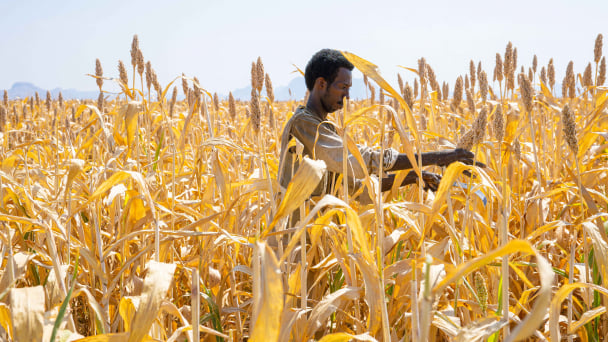
(VAN) Five things you should know about Sudan's food security crisis.
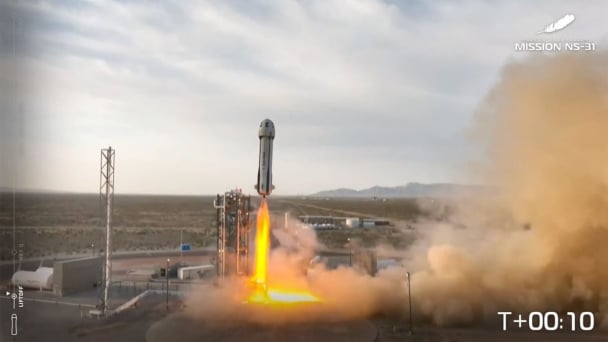
(VAN) 169 lotus seeds selected by the Vietnam Academy of Agricultural Sciences were carried into space by Vietnamese-American astronaut Amanda Nguyen.
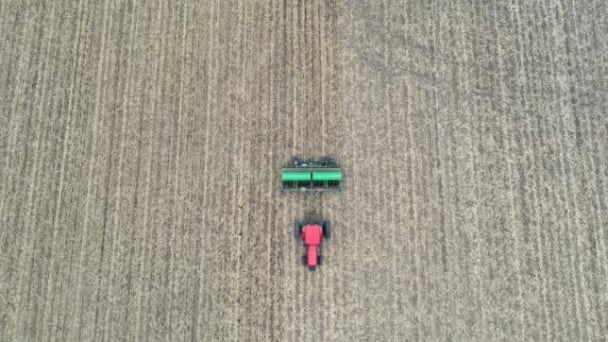
(VAN) Tariffs are making life more expensive for John Pihl. He's been farming in Northern Illinois for more than 50 years.

(VAN) European and American farmer organisations are concerned about the import tariffs that the United States introduced on 9 April for products from the European Union. This makes them 20% more expensive.

(VAN) Global poultry trade is expected to remain strong amid relatively tight global protein supply and growing consumption, RaboResearch concludes in its latest animal protein report.
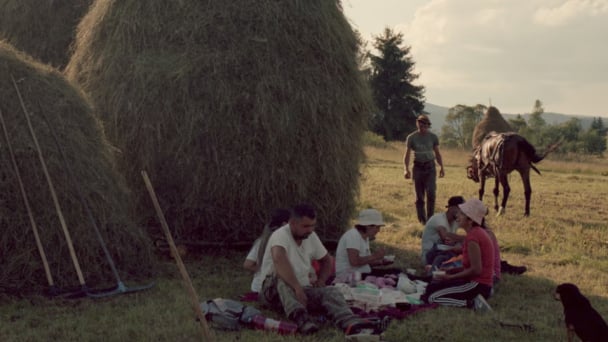
(VAN) Traditional methods benefit hundreds of species but as new agricultural techniques take over, the distinctive haystacks mark a vanishing way of life.